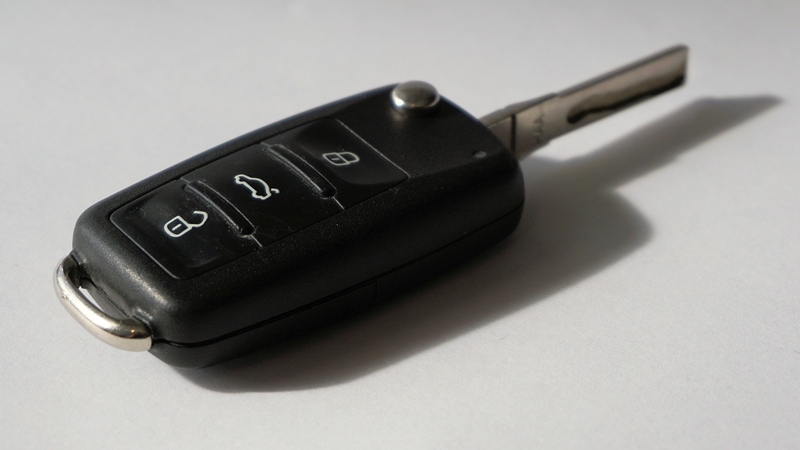Uber has revealed details of its contribution to the International Finance Corporation’s report titled “Driving Toward Equality: Women, Ride Hailing and the Sharing Economy” and one of the countries studied was South Africa.
The report reveals some interesting information about the face of Uber in South Africa.
For instance, as few as 3.8 percent of Uber drivers in South Africa are female. The reason that figure is so low comes down to fear.
“51 percent of women drivers say security concerns limit the number of hours they spend on the road,” reads the IFC’s report. This figure is remarkably high compared to the 26 percent average across all six markets studied including Mexico, the UK and Egypt.
But this doesn’t stop those that do drive from driving every day.
In fact 73 percent of South Africa’s female Uber drivers log in everyday, the highest percentage across the regions studied.
Spurring along change
General manager for Uber Sub-Saharan Africa, Alon Lits, says that studies such as these help the firm identify where it can improve its services and strive for gender equality.
“Widespread studies such as this one help us define the specific changes the ride-sharing industry can make in order to improve the experience for women across the globe,” said Lits in a statement.
And women are benefiting from the platform. As many as 90 percent of drivers said that working with Uber allowed them to purchase products or services they hadn’t been able to afford before.
Women also feel slightly safer knowing that GPS tracking is happening for every trip in the event of something going wrong.
The message then is that Uber is welcoming female driver partners with open arms and its committed to working on the issues raised in the report through open discussions.
“The only way we can make concerted efforts towards promoting gender equality is through holding an open dialogue about the challenges women face today. There are no quick fixes, but we remain committed to finding data-driven ways to promote data-driven solutions to gender equality, both in our corporate culture and among those who use our services across the world,” said Lits.
Of course this requires action from Uber but also society at large. While Uber can make every effort to insure the safety of female drivers that is all for nothing if a driver has to deal with a male chauvinist in the back seat.
Perhaps we need to get Q working on ejector seats for affordable hatchbacks.
[Image – CC 0 Pixabay]

